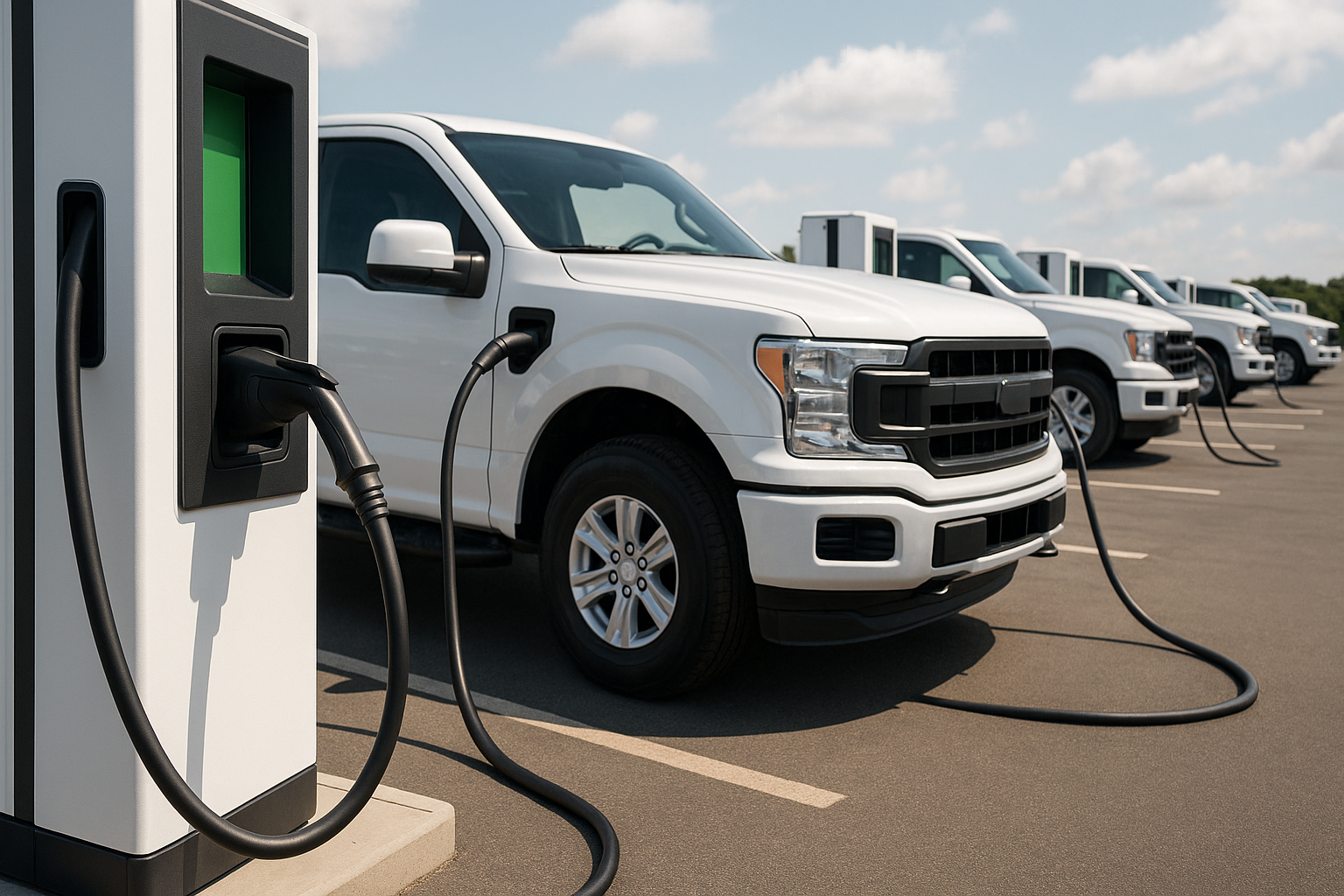Transitioning to OCPP 2.0.1 with eDRV: Streamlining CaaS Operations

As the electric vehicle (EV) industry continues to standardize, more efficient communications between charging stations and network management systems are sought after. The Open Charge Point Protocol (OCPP) is the key to this communication, and the latest version, OCPP 2.0.1, offers significant improvements. For Charging-as-a-Service (CaaS) operators, transitioning to this new version can seem daunting. With new updates to their revolutionary CSMS platform, eDRV is here to help streamline the process for CaaS providers to make the shift to 2.0.1.
Why does OCPP 2.0.1 matter?
Transitioning to OCPP 2.0.1 is crucial for Charging-as-a-Service providers because it enables greater reliability, scalability, and advanced functionality across EV charging networks. The update supports smarter energy management, enhanced security, and seamless interoperability, key requirements for modern, future-proof charging services. In particular, OCPP 2.0.1 assists with:
- Enhanced Security: OCPP 2.0.1 includes robust security features, protecting data transmission and preventing unauthorized access.
- Improved Functionality: The new version supports advanced functionalities such as smart charging, diagnostics, and remote firmware updates.
- Future-Proofing: Adopting OCPP 2.0.1 ensures your infrastructure is ready for future advancements in EV charging technology.
eDRV provides comprehensive support for CaaS operators transitioning to OCPP 2.0.1. The platform offers a range of tools and features designed to simplify the integration and management of charging stations.
How does eDRV help CaaS operators transition to OCPP 2.0.1?
eDRV simplifies the transition to OCPP 2.0.1 for electric vehicle (EV) charging networks by offering a user-friendly platform that manages the complexities of this advanced protocol. With OCPP 2.0.1, charging stations can handle multiple vehicles simultaneously and provide detailed real-time updates, enhancing reliability and efficiency.
eDRV's system ensures that even if a charging station goes offline, it can still track and report charging sessions accurately once reconnected. Security is also enhanced, with features like secure firmware updates and improved data protection.
eDRV has implemented the core functionalities of OCPP 2.0.1 and successfully tested with multiple leading charger manufacturers. The core functionalities include:
- Basic Charging Station functionality for booting
- Authorization
- Configuration
- Transaction related messages
- Remote start/stop as well as SetCharging and ClearCharging Profile commands
- Load Management
- Basic Security
Additionally, eDRV supports new functionalities allowing drivers to start charging without additional steps, as well as clear pricing displays to improve the user experience. By managing these technical aspects, eDRV enables charging network operators to focus on delivering seamless and secure charging services to their customers .
Same APIs. Now With Extended Functionalities.
eDRV has enhanced its current API and Webhooks functionalities (which previously only supported OCPP 1.6) to align with the advanced features of OCPP 2.0.1. This makes it easier for charging network operators to support OCPP 2.0.1 charging stations with the same APIs.
Furthermore, Webhooks now provide detailed information without the developer’s intervention. This information includes details on the charging sessions, including the current charging state and specific reasons for session terminations, such as remote stops or cable disconnections.
To ensure a smooth transition, eDRV has implemented compatibility features that allow chargers using the previous OCPP 1.6 version to continue operating effectively with the new updates.
These new changes have already been implemented by eDRV’s CaaS clients as they seek to transition towards full scale transition to OCPP 2.0.1. Most recently, Hitachi ZeroCarbon has utilized eDRV APIs and Webhook integrations across their CaaS offerings in the UK. This allows the company to use the eDRV platform running a mix of OCPP 2.0.1 chargers, even as parts of its network are communicating via OCPP 1.6.
“It’s an exciting moment for the future of our platform,” Engineering Lead Dhruvin Pialia said, following the successful implementation. “With just a few adjustments, our out-of the-box solution helps clients who don’t have to start from scratch and can now support OCPP 2.0.1 charge stations using the same eDRV APIs and schema.”
For more details on our updates to APIs and Webhooks, reach out to us directly at hello@edrv.io or make sure to read our documentation here.


.png)

.jpg)


